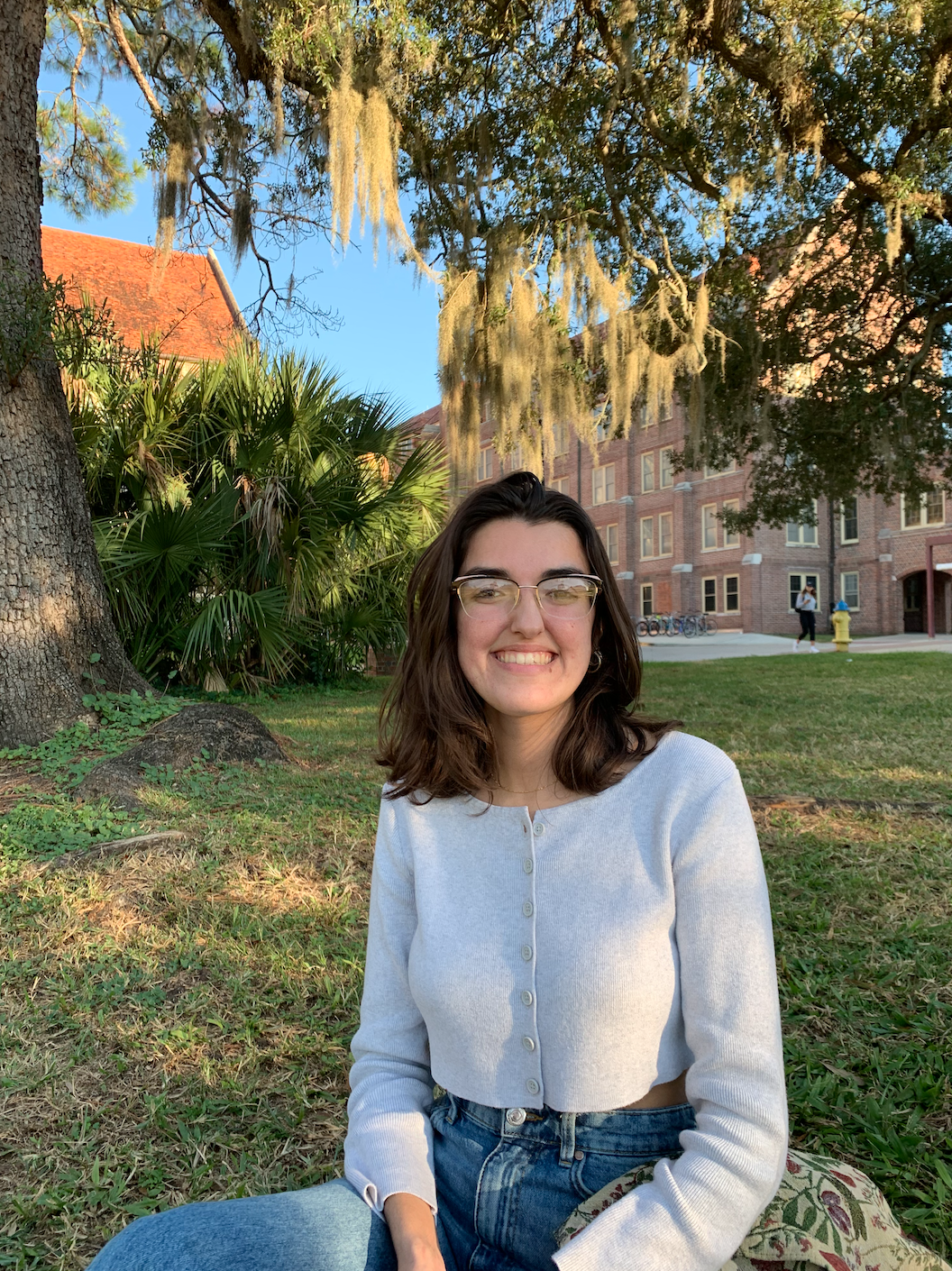Research Symposium
22nd annual Undergraduate Research Symposium
Jessica Diaz Poster Session 1: 9:00-9:45/Poster #53

BIO
Born in Santander, Spain, and raised in Miami, FL, Jessica Diaz has been inspired by the different cultures and by the arts since she can remember. Currently a second-year student pursuing a BA in Art History with a minor in Museum Studies, Diaz aspires to work as a museum educator overseas. Her experience with UROP has granted her an introduction to conducting research and has sparked an interest in historical documentation, specifically through photography.
The Photographic Narrative of Henrietta Swope
Authors: Jessica Diaz, Ronald E. DoelStudent Major: Art History
Mentor: Ronald E. Doel
Mentor's Department: Department of History Mentor's College: College of Arts and Sciences Co-Presenters:
Abstract
After the invention of cameras and photography, photographers gained a new ability to document the practice of science and advances which scientists made. Many earlier historical accounts of scientists and scientific practice emphasized what white males had achieved--shaping a narrative that white men and science were synonymous. Marginalized groups were neglected--not only their findings, but how they were represented. Could historical photographs tell richer and more encompassing stories, and reveal the contributions of women and minorities? To understand the lengths of the lack of representation of minorities, specifically women, I decided to investigate the life and career of Henrietta Swope, an astronomer at the Harvard College Observatory. Through a close examination of detailed notes and letters regarding Swope’s professional and personal life, and the photographs she made of colleagues, I provide a case study-like analysis of the neglect women faced when being represented in historical photographs in the early decades of the twentieth century. Additionally, analyzing photographs in which she appeared demonstrates that oftentimes men were prioritized in these images, further reinforcing the narrative that science was male-dominated. Swope’s own photographs stand in contrast to those produced by her male colleagues and provide evidence for an alternative narrative of discovery and participation in science in which women enjoyed more active, professional roles.
Keywords: Photography, History, Women in STEM

